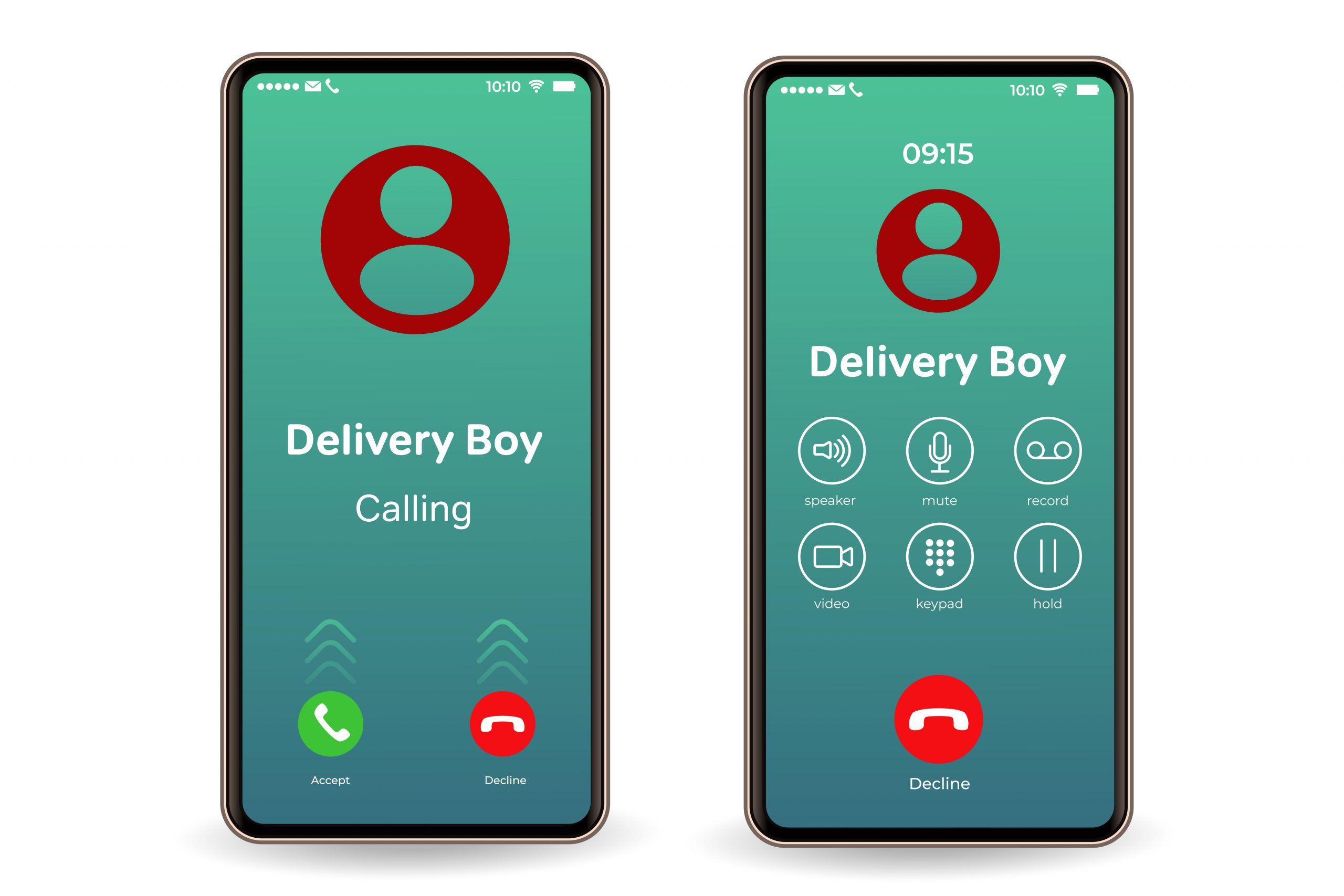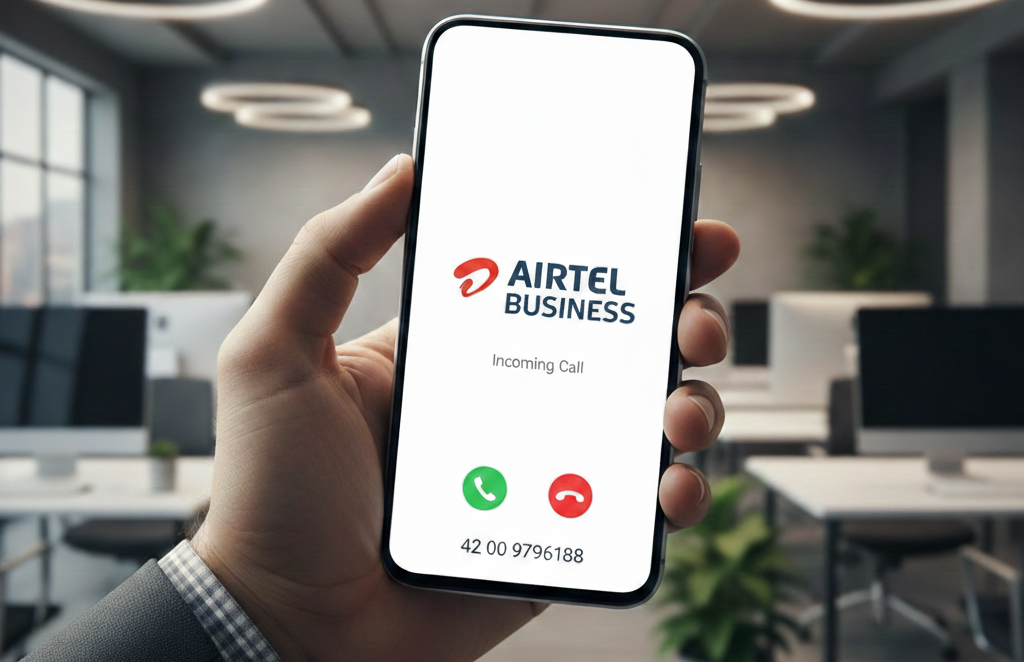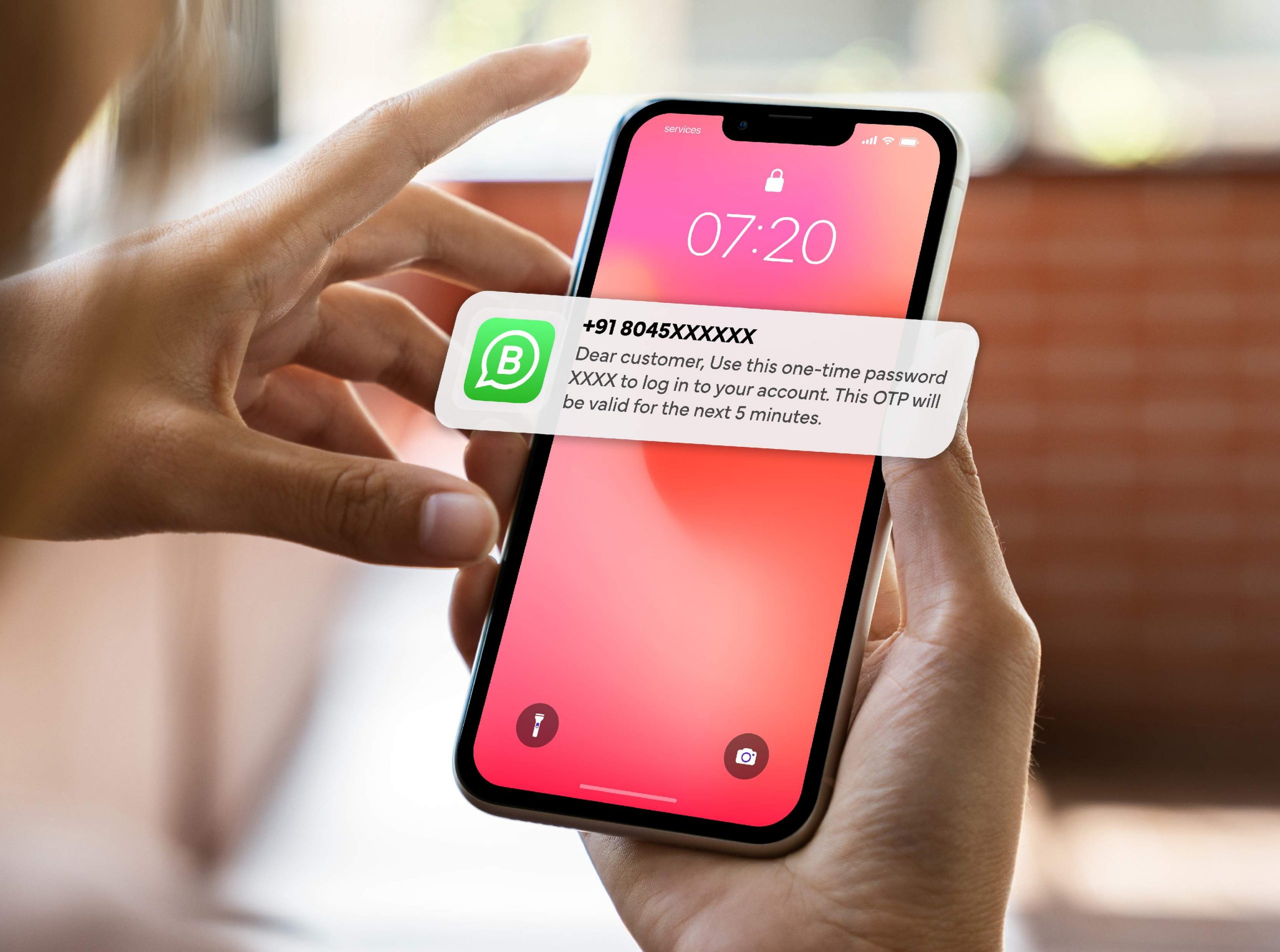How Does a Pilot Number Work and Why Do You Need It?
-
January 20, 2022
-
7 min read

Businesses that handle high call volumes understand that every interaction matters. Did you know that inefficient call handling can decrease employee productivity by up to 25%? Pilot numbers are the backbone of efficient call management.
A pilot number ensures customer calls are always noticed and helps direct them to the right place.
This article will help you explain how they work, the essential benefits they offer, and why your business needs one. Let’s get started.
What Exactly is a Pilot Number?
A pilot phone number is the main phone number in the pilot channel, which is used to route incoming calls within a telephonic system. It is usually related to:
- Hunt Groups: A phone extension group that will ring in a predetermined manner, like when an incoming call arrives. The pilot number will act as the ‘front door’ to the group by connecting with the accurate extension.
- Auto-Attendants: An interactive voice response (IVR) system that will answer calls automatically. When a caller calls, this system will present options like “Press 1 for sales or press 2 for support.”
The Inner Mechanics: How Does a Pilot Number Function?
Now that you know the definition of a pilot phone number. Let’s understand how it works:
Incoming Call: A customer dials the pilot number that will connect to the customer support system.
- Automated System (Optional): The call may be answered by an IVR system, which will provide the caller with menu options. The caller can choose the options based on requirements.
- Hunt Group: The call will select the option, what they need or other criteria. After a selection, the call will be routed to the appropriate hunt group. It will be distributed within the hunt group in various ways:
- Simultaneous ring: The call rings all phones in the group at once.
- Sequential ring: The call rings phones in a predetermined order.
- Round-robin: The call is evenly distributed among the group’s phones.
This is how a pilot number will work. Now, the question is why businesses need a pilot delivery phone number. Let’s figure it out.
Check Out: Importance of Voice API in E-commerce For Businesses
The Importance of Pilot Numbers: Why Do You Need One?
A pilot number does have a wide range of benefits. Here are some of them:
Enhanced Call Handling
- No More Missed Calls: With the help of a pilot number, the businesses can make sure that all the customers’ related calls will be answered by routing them to the next available agent or department. It can help them reduce missed calls and improve customer experience.
- Efficient Call Distribution: The pilot number can spread the calls among team members based on availability or skills. This will help companies optimize workload and prevent service delays.
Streamlined Communication
- Single Point of Contact: A pilot number is a single easy-to-recall number that can connect businesses and their customers.
- Professional Image: With the help of a pilot number, the business can establish its presence among its customers.
Call Routing Flexibility
- Customizable Routing: A pilot number is the best way to define rules for how calls should flow within the organization. The businesses can route calls based on time of day, specific skills needed, caller ID, or other factors.
- Overflow Handling: The companies can set up overflow to handle high call volumes. It will help them ensure that calls are never left unanswered.
Use Cases
Pilot numbers are beneficial across various industries, including:
- Customer Service
- Sales Teams
- Technical Support
- Hotels and Hospitality
- Healthcare Departments
Navigating the Skies: Practical Applications of Pilot Numbers
- Centralized Call Routing: Imagine a company with multiple departments, each with its phone extensions. A pilot number would be a single entry point for calls directed to this group.
- Hunt Groups: When a call comes into the pilot number, it doesn’t ring at a specific phone; instead, it triggers a hunt group. This group comprises several phone extensions, like a sales team or a customer service department.
- Smart Call Distribution: Incoming calls are routed based on predefined rules. They could be directed to the first available extension in the hunt group or follow a round-robin approach, distributing calls evenly.
- Auto attendants: A pilot number is often linked to an automated system. This auto attendant greets the caller, offers a menu of options (e.g., press 1 for sales, 2 for support), and then directs the call to the chosen department or extension.
Ensuring Smooth Communication: The Role of Pilot Numbers in Air Traffic Control
- Flight Planning: When a flight plan is filed, a pilot number is assigned. This number links the aircraft to the plan’s details, including route, altitude, and aircraft type.
- Radar Identification: ATC controllers use pilot numbers to quickly identify and correlate aircraft with flight plans on their radar displays.
- Clearance Delivery: When issuing clearances (instructions and permissions), controllers use pilot numbers to ensure that the instructions are clear about who they are for, especially in busy airspace.
- Record Keeping: Pilot numbers are used in ATC logs and records, facilitating tracking of flights and any follow-up investigations.
Regulatory Framework: Understanding the Legal Requirements Surrounding Pilot Numbers
Legal regulations for pilot numbers vary across countries and jurisdictions. Here are some of the key areas where regulations are likely to exist:
Number Allocation and Assignment
Telecommunications regulators (the Telecom Regulatory Authority of India (TRAI)and Ofcom in the UK) usually oversee businesses’ use of pilot phone numbers. They may have specific guidelines for obtaining and using pilot number SIP trunks.
Caller ID and Origination
Regulations surrounding caller ID protect against fraudulent and misleading calls. Pilot numbers must be configured to display accurate originating information.
Emergency Calling
Some emergency call functionality (e.g., 100,101) might be restricted or require unique configurations on pilot numbers to avoid misuse.
Data Privacy
If pilot numbers include data like caller information and data privacy, the business must follow laws like Digital Personal Data Protection (DPDP).
Porting and Number Availability
In some jurisdictions, pilot numbers may be subject to number porting regulations if they are to be converted into permanent use.
Know more about How to Integrate Voice Call APIs Into Existing Apps
The Future of Pilot Numbers: Innovations and Advancements
Several key advancements are shaping the ways pilot numbers are used and the potential of future telecom services:
- Cloud-Based Telephony: Cloud telephony solutions allow greater flexibility and scalability when assigning pilot numbers. Since they’re not tied to physical hardware, you can rapidly spin up pilot numbers for various locations and projects. This also allows for more seamless data collection on usage patterns.
- Virtualization: Advancements in number virtualization make it possible to quickly create pilot numbers that appear local to specific regions. This is helpful for market testing and setting up targeted local campaigns.
- AI and Automation: Artificial intelligence is playing an increasingly important role in pilot number management:
- AI-powered routing can optimize call assignments and improve the caller experience.
- Automated chatbots and virtual assistants can streamline the initial stages of customer interactions, gathering information that feeds into call analytics.
- Enhanced Analytics: Robust data analytics help companies glean insights from pilot number usage. They can:
- Track call volume patterns across location and time
- Gauge sentiment through voice analysis
- Use call transcripts to identify common issues or areas for improvement
Also Read: Engage Voice API Conversations With Automatic Speech Recognition
Conclusion: Embracing the Essential Role of Pilot Numbers in Aviation
Pilot numbers, though sometimes overlooked, offer a potent solution for streamlining business communications. By acting as the central hub for your phone system, they ensure callers easily reach the right destination, improving both customer experience and internal efficiency.
A pilot number provides flexibility and control, whether it’s managing a high-volume customer support line, empowering a dynamic sales team, or optimizing any department that relies on phone interactions. If you’re considering implementing a pilot number for your business, contact Airtel today!
Improve your communication with Airtel Business’ Cloud Telephony products. Explore our programmable voice solutions that easily mix high-quality calling with dependable and secure communication.
 Share
Share








